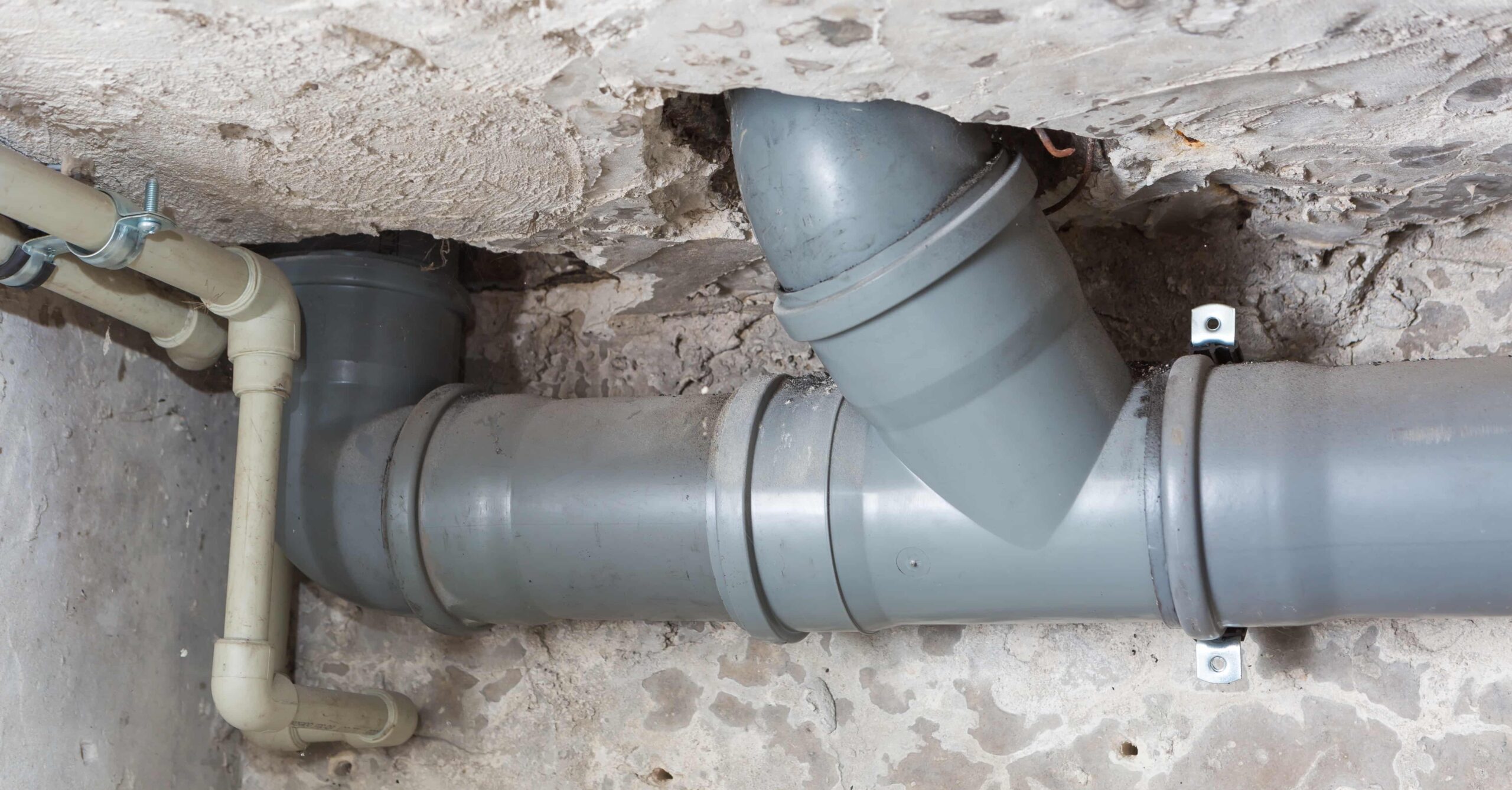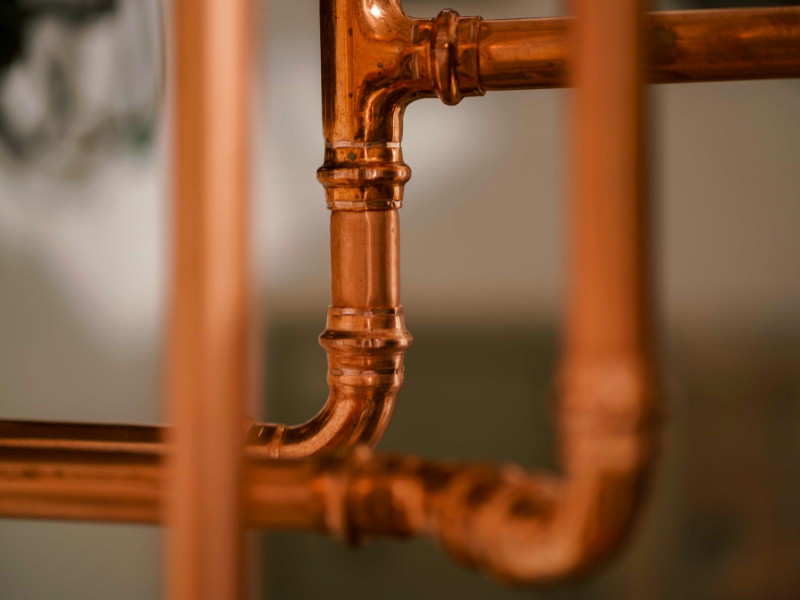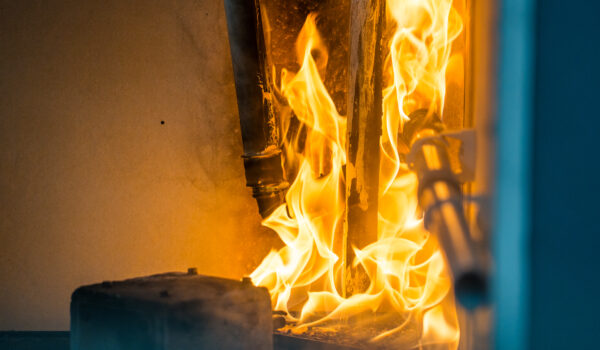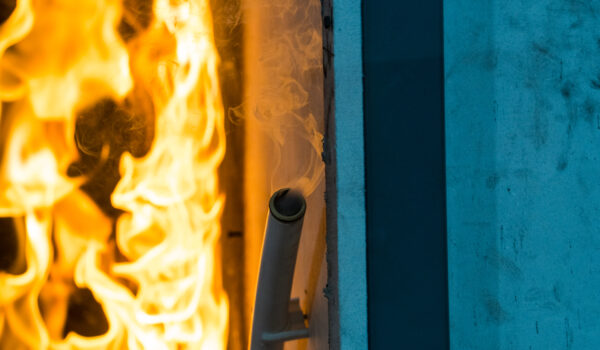In the world of plumbing and construction, the debate between copper and plastic pipes continues to grow. While plastic pipes have gained popularity for their affordability and ease of installation, their susceptibility to expansion and environmental concerns make copper a more reliable and sustainable option. This blog will explore the challenges posed by plastic expansion in plumbing systems and highlight why copper remains the superior choice for long-term performance.
Understanding Plastic Expansion
Plastic pipes, such as PVC or polyethylene, are known for their high coefficient of linear expansion (LCoE), which means they expand and contract significantly with temperature changes. This thermal movement can lead to several issues:
- Structural Stress: When plastic pipes are not allowed to expand freely, they can warp, buckle, or develop stress fractures. This can compromise the integrity of the piping system over time.
- Leaking Joints: Contraction and expansion place stress on pipe joints, increasing the likelihood of leaks.
- Design Challenges: Plumbing systems with plastic pipes require careful design considerations, such as expansion loops or flexible supports, to accommodate movement. Improper installation can exacerbate problems.
In contrast, copper pipes exhibit far less thermal movement due to their lower LCoE. This makes them more stable and durable in fluctuating temperatures.
Durability and Longevity
Copper pipes are renowned for their exceptional lifespan, often lasting 50-70 years or more when properly maintained. They are resistant to corrosion, high pressures, and extreme temperatures, making them suitable for both hot and cold-water applications. In comparison:
- Plastic Pipes: Typically, plastic pipe are more prone to damage from UV exposure, temperature extremes, and chemical interactions.
- Environmental Impact: Plastic pipes are less sustainable as they often end up in landfills or incinerators at the end of their lifecycle. Copper, on the other hand, is 100% recyclable and supports a circular economy.

For a deeper dive into how materials impact sustainability in construction, click here
Safety Concerns with Plastic Pipes
One critical drawback of plastic piping is its behaviour under high temperatures or fire conditions. Unlike copper:
- Plastic pipes can melt or release toxic fumes during a fire, posing significant safety risks.
- Many plastics are intumescent materials that expand under heat, potentially worsening fire hazards by spreading flames through voids in buildings.
Copper’s high melting point ensures it remains stable even in extreme conditions, making it a safer choice for residential and commercial buildings.
Environmental Implications
The environmental impact of materials is a growing concern in modern construction. While plastic pipes may seem like a cost-effective solution initially, their long-term environmental footprint is substantial:
- Recycling Challenges: Unlike copper’s well-established recycling infrastructure, plastic recycling is limited and often results in downcycled products or waste.
- Carbon Emissions: The production and disposal of plastic contributes significantly to greenhouse gas emissions. Copper’s recyclability reduces its carbon footprint over time.
Explore more about the environmental risks associated with plastics in construction here
Why Choose Copper?
Copper offers several advantages over plastic that make it a superior choice for plumbing systems:
- Thermal Resilience: Copper withstands extreme temperatures without expanding excessively or degrading.
- Longevity: With proper care, copper pipes outlast plastic alternatives by decades.
- Versatility: Suitable for various applications including heating systems, medical gas installations, and outdoor environments where plastics fail.
- Sustainability: Copper aligns with sustainable construction practices due to its recyclability and minimal environmental impact.

Click here for more insights into copper’s benefits over plastics in construction
While plastic pipes may offer short-term convenience and cost savings, their susceptibility to expansion-related issues and environmental drawbacks make them less suitable for long-term use. Copper’s durability, safety features, and sustainability make it the smarter choice for modern plumbing systems. If you’re considering a plumbing upgrade or new installation project, think beyond initial costs and focus on long-term reliability and environmental responsibility. Choose copper – a material that stands the test of time.
For more information on sustainable materials in construction, explore Sustainability in Construction.
To stay informed, keep up with our news updates and subscribe to our newsletter.

